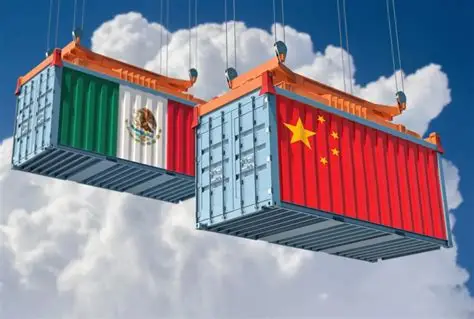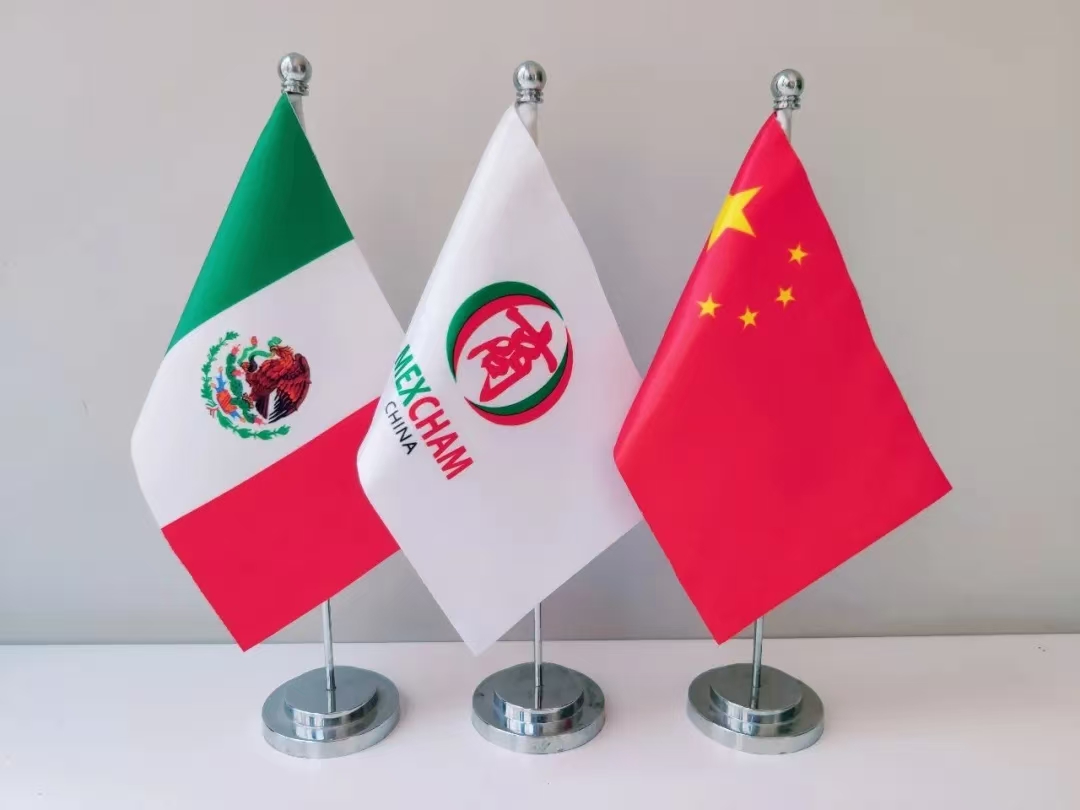
The proposed changes are intended to:
– Incentive national production of intermediate and final goods in strategic industries like automotive, high-tech, semiconductors, medical equipment, pharmaceuticals, and aerospace.
– Reduce dependence on imported inputs to increase productive integration and added value within the Mexican industry.
– Protect jobs and strengthen the labor market by creating more stable, better-paying employment through increased participation in supply chains.
– Correct trade distortions and ensure fair competition for national producers against external subsidies and unfair practices.
– Align tariff policy with sustainable and regional development.
The Bill for Tariff adjustments aim to consolidate a new economic and commercial model for Mexico that includes shared prosperity and a strengthened internal market without abandoning globalization. Tariffs should be viewed as a strategic economic and commercial tool rather than just a way to generate revenue. The goal is to elevate the participation of Mexican industry in global value chains, with a specific target of ensuring that at least 50% of strategic supplies are sourced nationally by 2030.
Toiletries: Hair spray and dentifrices 35%.
Plastics: ranging from 10% to 35%.
Steel: some specific type 35%.
Aluminum: some specific type 35%.
Textiles: 35% .
Yarn: a specific type 50%.
Preparations for makeup: for lips, eyes, eyelashes, wigs and manicures, have a 35%.
Soaps: 35%.
Leather and leather articles: 35%.
Paper and cardboard: 10 to 35% .
Footwear: Parts of footwear 35%.
Toys: 35%.
*For specific consultation, check the Mexican Parliamentary Gazette dated September 8, 2025.
Worth mentioning that Mexico has 14 Free Trade Agreements with 52 countries which will not be affected by this Bill. This Bill will affect primarily countries without trade agreement with Mexico, such as China, South Korea, India, Indonesia, Russia, Thailand, and Turkey.
The Mexican Ministry of Finance estimates that this measure will have a one-time impact of about 0.2% to 0.3% on the national consumer price index but will not create long-term inflationary pressure.
Mexican Economy Minister Marcelo Ebrard stated that the country seeks to increase tariff rates on Asian-made cars to as high as 50%. Ebrard explained, “We will raise tariffs because the prices of cars arriving in Mexico are lower than what we call the reference prices.”

Mexico and China are old partners and friends with diplomatic relations for over 50 years. The Mexican Chamber of Commerce in China (MEXCHAM) www.mexcham.org , as the largest private businesses organization in China that brings together Mexican companies in China as well as Chinese companies in Mexico, always promote win-win long term business, based on mutual benefit and shared gains based on trust and respect to each other. Hence, MEXCHAM has been building bridges successfully between China and Mexico for the last 18 years.
Mexico is also the 2nd largest trading partner of China in Latin America. China is México´s 2nd largest trading partner worldwide (USD 130 Billion bilateral trade in 2024). In addition, Mexico ranks as the top 10 largest buyer of China´s exports worldwide.
The huge bilateral trade between Mexico and China reflects the importance and integration of our two economies. Beyond the huge bilateral, we must recognize that the trade deficit 11:1 or 12:1 Mexico holds (depending on the source of information) is not sustainable in long term and needs to be revised seeking to find a new path of mutual benefit and shared gains, primarily resulting in a more balanced and equitable trade.
Imbalanced trade may lead to lack of self-development on key national sectors including supply chain, employment and competitiveness. Therefore, in the face of the new global reorganization, the new measures introduced by the Bill aim to build a long-term market that foster the national production base, consequently, promotes industrial development through “Plan Mexico”. MEXCHAM is ready and well prepared to promote and support long-term productive projects between Mexico and China, which is part of our mission as Chamber of Commerce.
MEXCHAM recognizes the sovereignty and self-determination of both Mexico and China and propose a continuous dialogue lead by actions that promote win-win cooperation, shared gains and mutual development.
Few days ago, on September 15, 2025, Mexico celebrated its 215th anniversary as independent country. This independence has allowed Mexico to find its own way of development based on its own sovereignty and auto-determination.
In the coming days, on October 1st, 2025, China, a country that is old friend and partner of Mexico, will also celebrate its 76th anniversary of the founding of the People’s Republic of China. MEXCHAM will also celebrate this great event that has led China to improve the standard of living of its citizens based in its own sovereignty and auto-determination.
China has been under gradual opening reforms over the last 4 decades. Mexico also have had its own reforms over last decades and continue transforming itself seeking for its own development. The “Plan Mexico” proposed by Mexico´s President Claudia Sheinbaum encourage Mexico’s new organizational and restructuring development model. Hence. MEXCHAM endorse and undertakes this initiative as opportunity to continue fostering the long-lasting sustainable development for Mexico itself, and also fostering even more Mexico-China bilateral relation.
MEXCHAM will continue working hard, as we have done for the last 18 years, promoting and building bridges between Mexico and China, based in win-win benefits and shared gains in favor our both great nations: Mexico and China.


MEXCHAM continues building bridges between Mexico and China.
中国墨西哥商会将继续作为墨西哥与中国之间的桥梁,不断努力。

Cámara de Comercio de México en China
(MEXCHAM)中国墨西哥商会
www.mexcham.org
bj.info@mexcham.org
